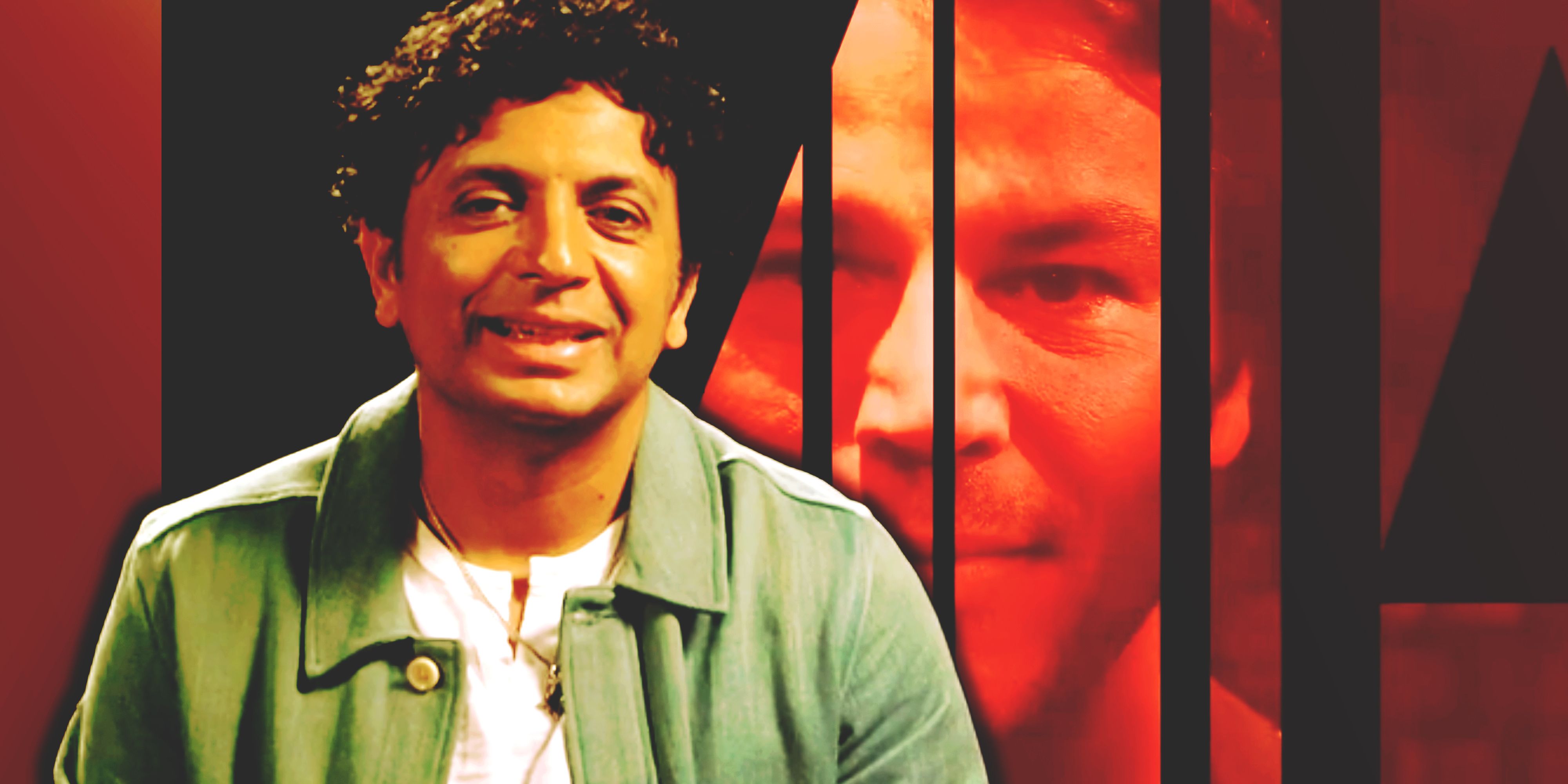People Are So Wrong About M. Night Shyamalan
05 August, 2024

M. Night Shyamalan’s early career choices defined the filmmaker he is understood to be. After his student film, Praying with Anger, and the family comedy Wide Awake (the release of which was sabotaged by Harvey Weinstein), Shyamalan experienced great success with his twisty horror film The Sixth Sense. This movie set the expectation for what kind of filmmaker he would be in the decades to come, and though he zagged with grounded superhero movie Unbreakable, his early follow-ups (Signs, The Village) mostly stuck to his now iconic formula.
M. Night Shyamalan's Early Work Set A Trap For The Evolving Director
The director’s new movie Trap has only been in theaters for a single weekend, but the tired criticisms that have dogged Shyamalan for the last 20 years of his career are already beginning to surface once again.
There’s the assumption that all of his movies have twist-endings, which hasn’t really been true since the late 2000s. Or the false belief that Trap is unintentionally funny, when the whole thing is premised on the intense comedic irony that Josh Hartnett, who looks like a perfect suburban dad, is actually a serial killer. That irony was in full-on comedic territory in the second trailer as Hartnett went full Agent 47 in an attempt to cause distractions and escape the concert unscathed. And the movie delivers on that. I won't spoil its mid-credits scene, but it got huge laughs in my theater.
This piece isn't arguing that Shyamalan's creative instincts are never wrong. I enjoyed Trap but, at least on a first viewing, it didn't all work for me.
But when some audience members hear Shyamalan’s laugh-inducing lines of dialogue, they tend to assume that he can't possibly be being funny on purpose. Some of this may be due to the fact that Shyamalan's least-liked movies — the ones like Lady in the Water, The Last Airbender, and After Earth that were produced during his notorious 2005-2013 creative fallow period — are deeply earnest.
Add in the fact that the media branding him "The Next Spielberg" and his own bizarre mythmaking with the SyFy "documentary" The Buried Secret of M. Night Shyamalan, and he seemed to be taking himself very seriously. You can see where the misapprehension of humorlessness comes from. But Shyamalan's last decade of movies have largely been small-scale, pulpy genre exercises like The Visit, Split, and Old. He's having fun with these movies, exploring interesting ideas, and financing them with his own money.
Old may be pulpy, but it's as good a movie about aging as I've ever seen. Seriously. I'll go to the mat with anyone dragging down its Letterboxd average to a middling 2.4.
This Often Happens To Director's With Obvious Style
Shyamalan finds himself in a trap (ahem) that auteur directors making movies for general audiences always run the risk of falling into. When a director has stylistic flourishes that are so pronounced that your average audience member is picking up on them, then there’s the danger that those audience members will interpret them in a way the director doesn’t intend. A common one: Martin Scorsese uses boppy pop music and visual flair in his violent gangster movies because violence is cool. If you’ve seen the second half of Goodfellas, Casino, or The Irishman, you know that isn't true. Crime doesn’t pay for these dudes. And yet, style — intended to communicate one thing — is often misinterpreted to the extent that it overrides the substance.
Take Wes Anderson as another example. The Texan auteur makes movies about emotionally stunted people, often reeling from great personal tragedy. These characters often can’t express their feelings at all — think Jason Schwartzman’s Augie Steenbeck waiting three weeks to tell his children that their mother is dead in Asteroid City. If they do express their emotions, it’s often in little ways, suggesting that a small gesture is all they can manage — think about the understatement of Ben Stiller’s Chas Tenenbaum telling his father, “I’ve had a rough year, Dad,” considering that his wife has recently died in a plane crash. Anderson’s aesthetic mirrors this emotional reserve. His camera is similarly stilted, locked off, rigid.
These dated assumptions about directors can plague them for years, sometimes decades, despite active evolution and reinvention. Many audiences still think of Steven Spielberg as the “childlike wonder blockbuster guy” despite his post-911 output being defined by bleak movies like Minority Report and Munich, movies about distrust of institutions and the violence of the state. War of the Worlds, which you might expect to be a fun alien invasion movie, is a visceral and barely veiled representation of the September 11th attacks.
Wes Anderson, Steven Spielberg and, yes, M. Night Shyamalan are different artists than they were 20 years ago. We need to allow our perceptions of their work to evolve, too.